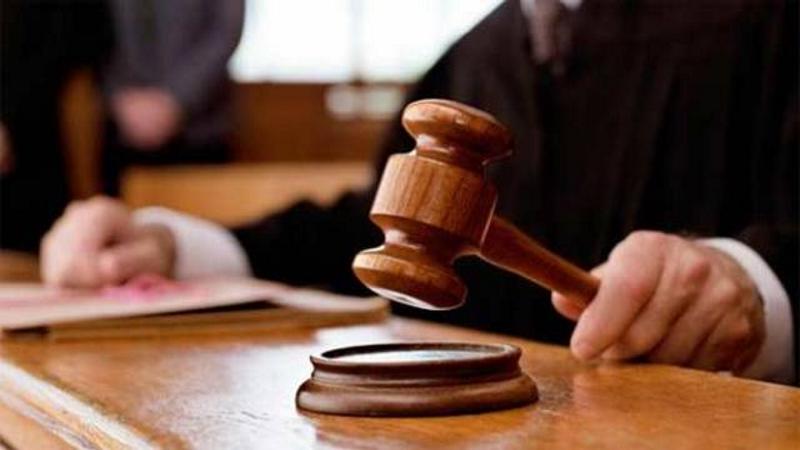
After the shocking Supreme Court verdict of 2018 which justified stringent conditions for the process of arrest under the SC/ST Act based on alleged misuse, defying the purpose and spirit of the law, the government has now made some amendments making the procedure of arrest slightly less tedious. In the light of this, effective implementation of the law at State level needs to be monitored and relevant questions have been raised in the Parliament.
Cases registered under the SC/ST Act
In the Lok Sabha, Kodikunnil Suresh, of Congress Party, asked the Minister of Social Justice and Empowerment for information on number of cases of murders registered during the last five year in each state under the Scheduled Castes and Scheduled Tribes (Prevention of Atrocities) Act,1989 (SC/ST Act). Since the National Crime Records Bureau has only recently released data till 2017, the data thus provided by the Ministry was only up until 2017.
As per the data, Uttar Pradesh was the State which topped the list with maximum number of SC ST deaths. From 2013 to 2017, Uttar Pradesh had 1,170 such cases, 2016 being the year with the highest number of cases, which was 271 cases. States like Arunachal Pradesh, Assam, Mizoram had no cases registered under the Act, in the period between 2013-2017. This could be because of lack of awareness about the law or general apathy.
The question also asked whether the Government intends to withdraw the SC/ST Act as per the Supreme Court verdict in Subhash Kashinath Mahajan vs. State of Maharashtra of March 2018. The Ministry, however said that certain amendments were made and enforced in August 2018 which reinforced the law and made it stringent. While the judgment of the Supreme Court had directed that any arrest under the Act of a “public servant can only be after approval of the appointing authority and of a non-public servant after approval by the S.S.P. which may be granted in appropriate cases if considered necessary for reasons recorded.”
The amendment to the Act, which came after the judgment, however, clearly stated, by inserting section 18 A:
“18A. (1) For the purposes of this Act,-
(a) preliminary enquiry shall not be required for registration of an FIR against any person; or
(b) the investigating officer shall not require approval for the arrest, if necessary, of any person, against whom an accusation of having committed an offence under this Act has been made and no procedure other than that provide under this Act or the Code shall apply.
(2) The provisions of section 438 of the Code shall not apply to a case under this Act, notwithstanding any judgment or order or direction of any Court”
The above amendment was contradictory to the judgement, which had inclined towards some regressive views and had failed to take into account the true purpose and spirit of the law, only owing to “abuse of law” in that particular case.
Special Courts under the SC/ST Act
On November 21, Ripun Bora, of Congress party, raised the question regarding number of Special Courts established as per the provisions under the Act and sought State wise data of the same. The question was also pertaining to pendency of cases under the Act.
With respect to number of Special Courts, the data indicated that such courts had been set up in only 12 States with Madhya Pradesh having the maximum number i.e. 43 special courts under the SC/ST Act, followed by Uttar Pradesh which has 40 Special Courts while Andhra Pradesh has only 1. The number of Special Courts in Maharashtra is only 3, which seems sparse considering the State has seen 283 cases of deaths under the SC/ST Act between 2013-2017. On the other hand, Tamil Nadu registered 228 such cases in the same period and has 6 Special Courts.
In many states the District Sessions Court had been designated as Special court since the Act provides that “in Districts where less number of cases under this Act is recorded, the State Government shall, with the concurrence of the Chief Justice of the High Court, specify for such Districts, the Court of Session to be a Special Court to try the offences under the Act.”
The data provided by the Ministry revealed that in 2017, a total of 5,553 cases under the Act ended in conviction and 1,75,409 cases were pending in court by the end of 2017.
A reading of the data indicates that while states where the incidents under the SC/ST Act have consistently seen a rise, have buckled up and set up Special Court to deal with the cases expeditiously while some other States are falling short in the implementation of the provisions of the Act.